No Vaccines For Homebound Seniors Unable Or Wary To Leave Their Residences
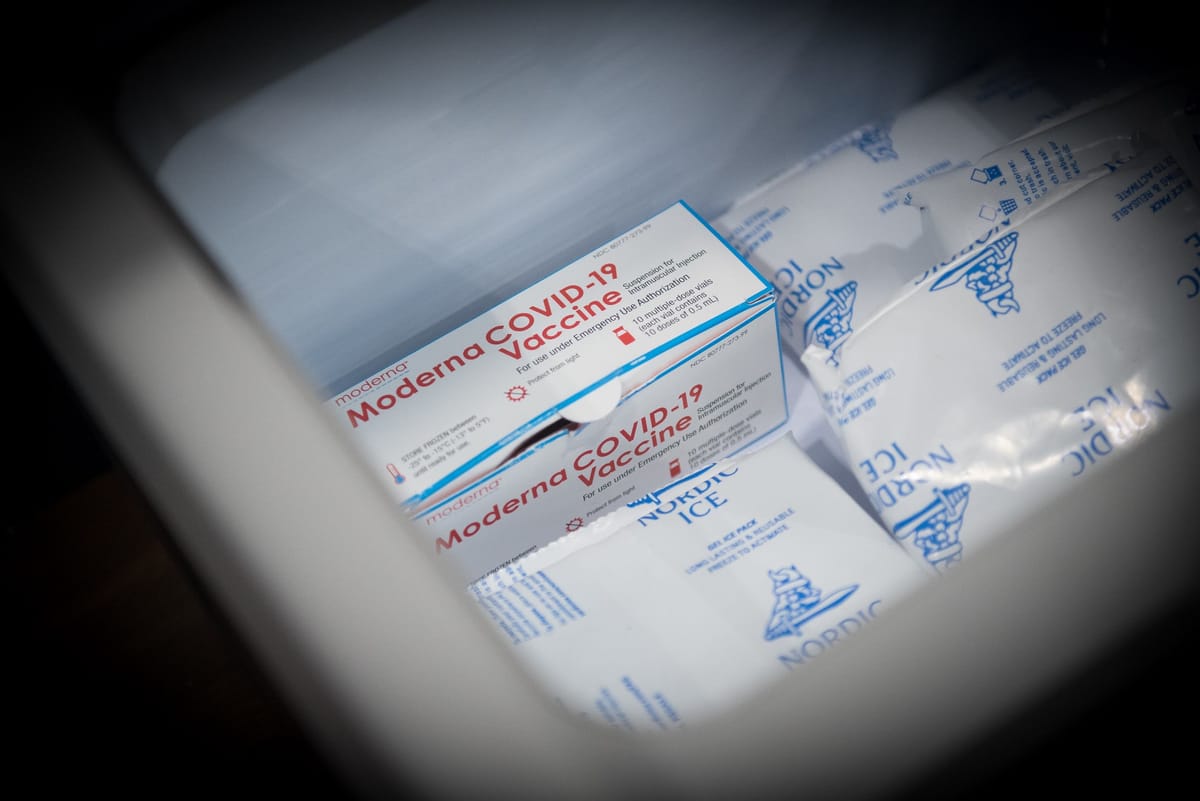
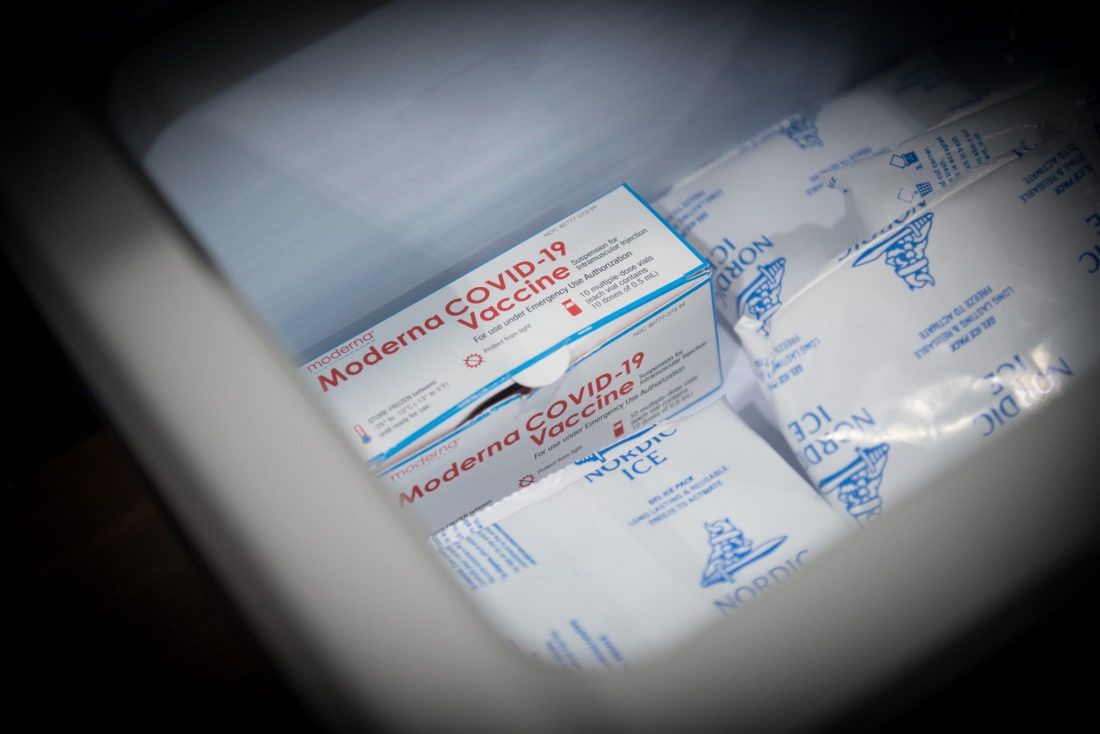
The city still does not have a plan for how to vaccinate homebound seniors living in the five boroughs, leaving a vulnerable population of tens of thousands of people behind as the city continues with its inoculation program.
As of Tuesday morning, the city has administered 650,546 vaccine doses, including 550,715 first doses and 99,831 second doses, according to city data. Vaccine doses are running dangerously low in the city, and the lack of clarity on replenishment from the federal government has the city already scaling back its vaccination infrastructure. That has some officials calling on the administration to prioritize the population of homebound seniors, numbering around 136,000 in the city according to the Center for an Urban Future, for vaccination.
City Council Member Mark Treyger (D – Coney Island) said that while he didn’t have an exact figure on it, he believes it is a severe underestimate of those who are currently homebound. He said that people not physically confined to their home have nonetheless been calling his office and telling him they’re afraid to leave out of fear of catching the virus, especially the newer, more contagious variants.
“There are a number of seniors who might not fit the traditional definition of homebound, but they are reasonably afraid to leave their apartments or leave their homes,” Treyger said at a zoom press conference on Tuesday.
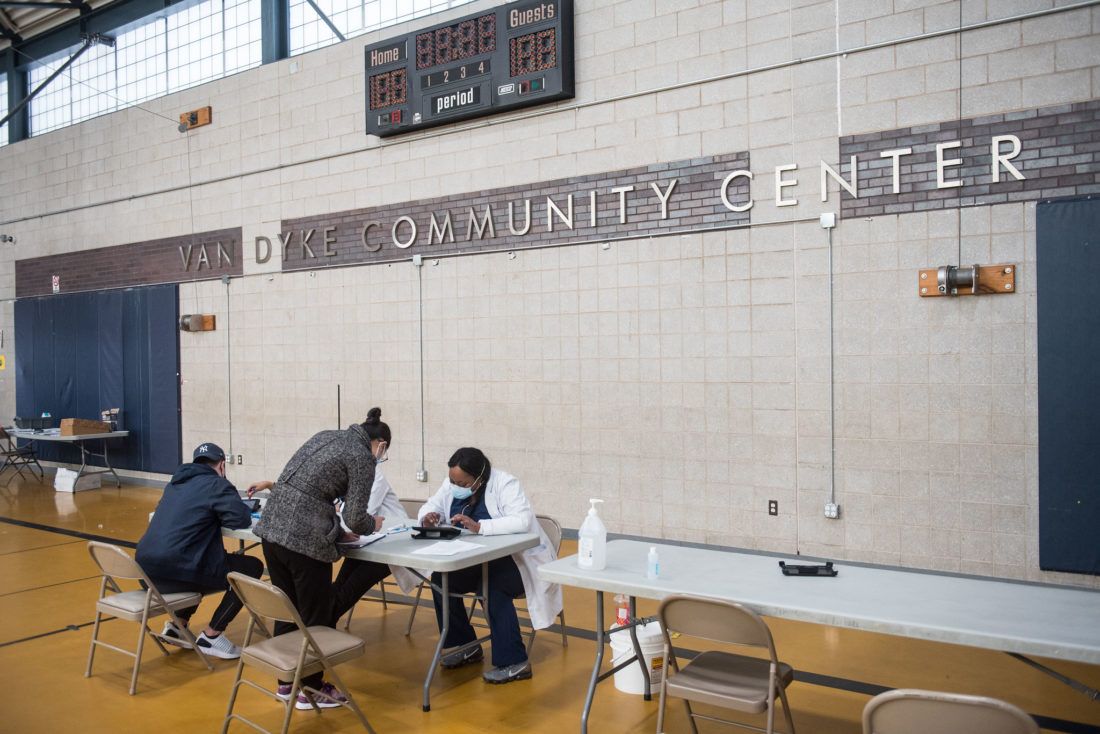
This is a particular problem in Treyger’s district, where thousands of seniors live in high rise buildings that allow little social distancing if one wants to leave their apartment. The city has released a plan to start putting mobile vaccination sites for seniors at NYCHA developments, but doesn’t yet have a plan for seniors living elsewhere, even for those who live in high-rise buildings like in Coney Island and Brighton Beach.
Treyger unveiled several proposals for streamlining vaccine distribution to seniors, including creating a “vaccine czar” position to replace the confusing bureaucratic web of city, state, and private health providers, and to create “senior hours” at vaccination sites similar to those used at grocery stores early in the pandemic. He also suggested “doubling down” on partnerships with nonprofit service providers that already provide home care to seniors in their area, such as meals.
“We are able in New York City, in the year 2021, to transport food in refrigeration trucks to get to folks,” Treyger said. “There’s no reason we cannot transport medications to reach our homebound seniors.”
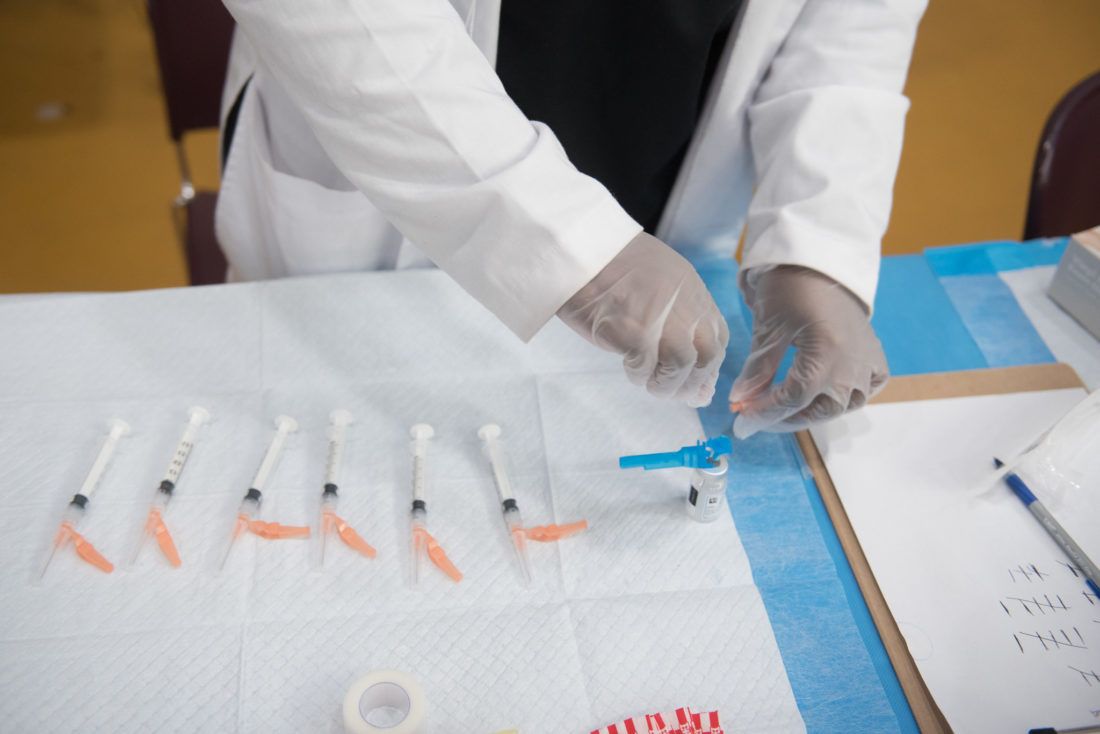
A spokesperson for the city’s Department for the Aging told Bklyner that the agency is performing outreach to older New Yorkers, particularly in figuring out how to schedule an appointment for vaccination, and is also providing ambulette services for homebound seniors to reach their appointment site, in addition to free transportation for anyone over 65.
“The Department for the Aging and its network of providers are working around the clock to ensure that older New Yorkers, including those that are homebound, get the information and assistance they need to be vaccinated,” said the spokesperson, Ali Parks, in an email. “We are making tens of thousands of vaccination calls per week that provide appointment information and scheduling assistance. We are also working with the Vaccine Command Center (VCC) and partners in providing free transportation to older New Yorkers who need rides to their scheduled vaccination appointments.”
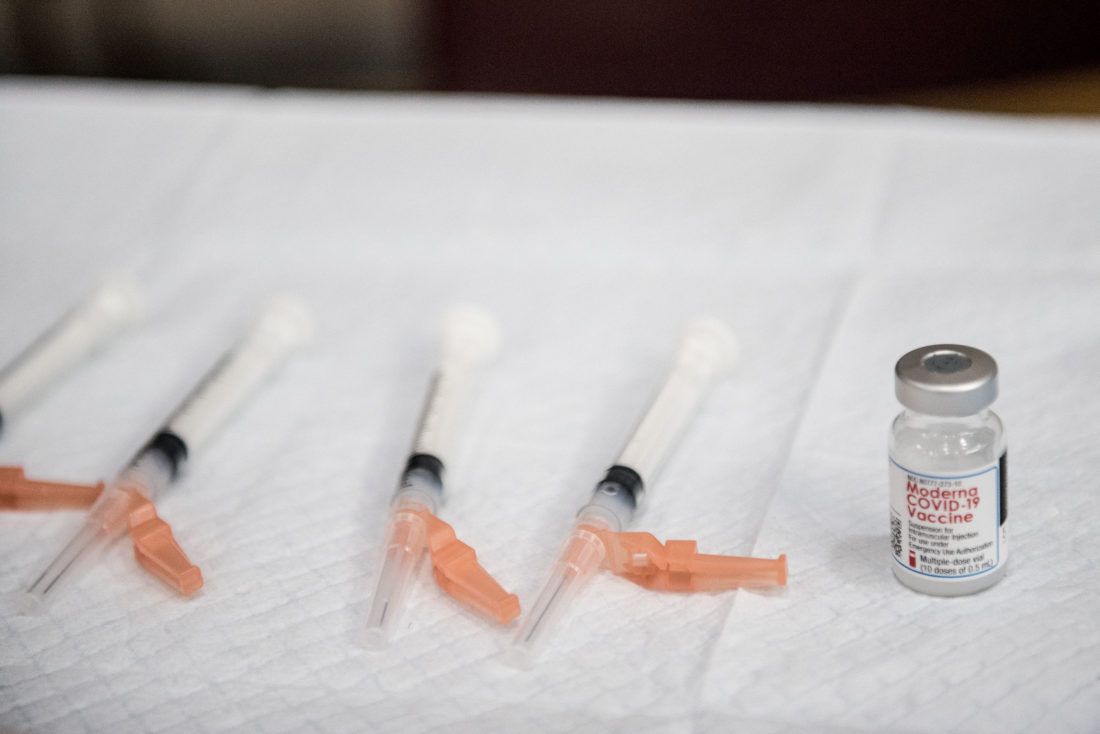
However, the city lacks an overarching framework, and any plan is, at the moment, on standby as the city deals with its shortage of doses.
As of now, homebound seniors do not have the option of having the vaccine administered at their home. Treyger said that with the Moderna vaccine (which does not require storage in temperatures nearly as low as the Pfizer vaccine), there are many service providers, particularly those that provide home-delivered meals, that have the capacity to distribute the vaccine and to get it to the whole population.
“We have providers who are willing to step up to make this work, and they know who the seniors are because they already provide services to them,” Treyger said. “We just need a plan to put it all together.”
Treyger said that he had spoken with Met Council CEO David Greenfield, who told him that the group has the capacity to bring vaccinations to people’s homes.
“Nonprofits routinely deliver fresh food to homebound seniors via refrigerated/frozen transport,” Greenfield tweeted. “This shouldn’t be difficult.”
Mayor Bill de Blasio, at his daily press briefing Tuesday, said that the city is committed to performing an “individualized approach” for homebound seniors, including allowing people to get vaccinated at home.
“Homebound seniors who literally need an individualized approach, someone able to give the vaccine safely has to go to their home, that’s obviously much more complex and takes a lot of labor,” the mayor said. “But we’re devoted to getting it done, particularly as we get more vaccine.”
Health Commissioner Dave Chokshi said that the city is “actively planning” for how to get vaccines into the homes of people who cannot physically go to a vaccination site, and noted the challenges associated with cold storage.
“We’re actively planning for this,” Chokshi said, “both in NYCHA developments, as well as more broadly, to set up more mobile options for vaccination.”




